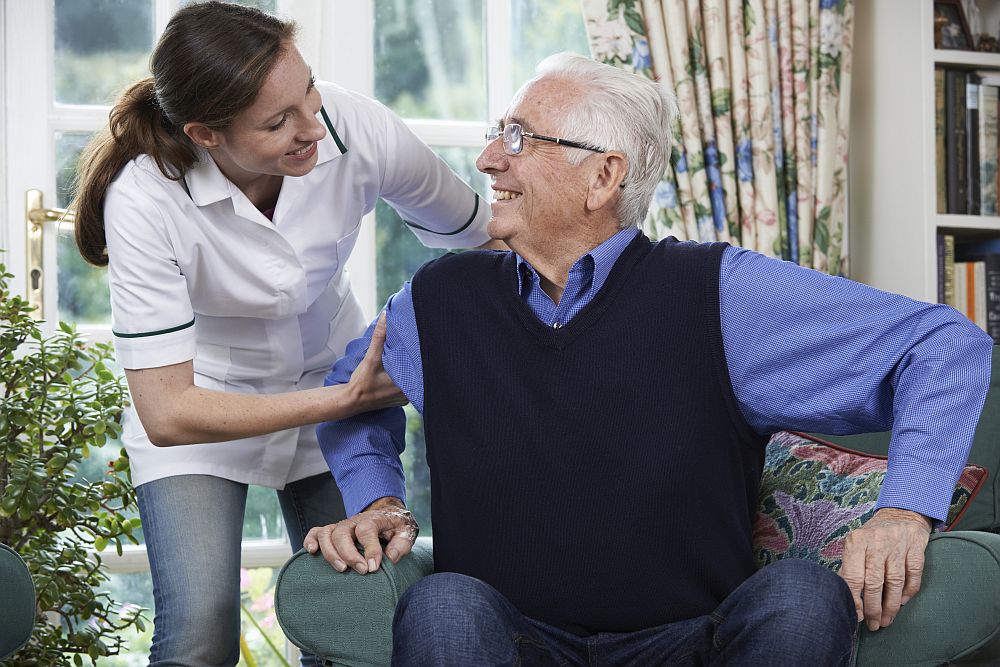Secondary end-users are:
- Formal & Informal caregivers: Family carer or nurses supporting the older adult with MCI
-
Healthcare organisations: Day care centres for seniors dealing with elderly with MCI
Caring for people with MCI put a significant burden on family caregivers. Having a social robot acting as a companion of older adults with MCI can reduce some of the anxieties, worries, and stress. The caregivers may personalise the content of robot interventions to the wishes and preferences of the older adults. Together with the older adults they can be involved with the robot in joyful and fun activities like drama playing, storytelling, etc.
Healthcare professionals or organisations need to keep track of older adult progress which is a difficult and time-consuming process due to the lack of objective monitoring of cognitive decline and wellbeing. Also, the social robot may ease and facilitate the follow-up on older adults such as reminders and timely supportive cognitive interventions.
Secondary end-users will be directly involved in the design, development and feedback process as well as the implementation of the personalised experimental systems that suit the end-users’ needs.
The consortium will also work closely with larger care organizations (day care centers, hospitals, clinics, retirement homes, nursery homes) and their staff (professional end-users) to assess their expectations and needs.
Stakeholders that might consider using the social robots are health and home care organisations that are involved with older adults with MCI. The involvement of secondary end-users in engAGE is of ultimate importance as their feedback will be integrated in the development.
